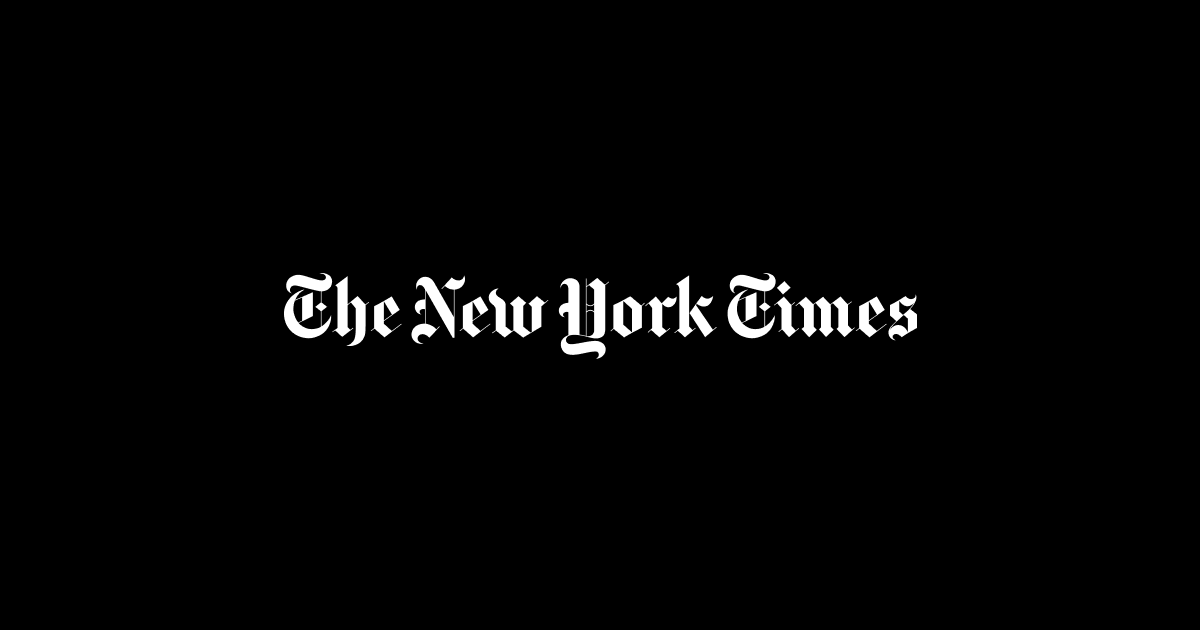How are you? (December 18-24)
Vox Populi, Vox Musk
Elon Musk said he would step down as CEO of Twitter once he found a successor “foolish enough to take the job”. Last weekend, after facing backlash over unpopular content moderation policies and suspensions of high-profile users, including some journalists, Musk asked his nearly 123 million Twitter followers in a “poll” whether he should resign, saying that he would abide by the result of the vote. Fifty-seven percent of the 17.5 million respondents said “Yes.” After a notable silence, Musk said on Tuesday he would step down as CEO, though he added that he still plans to oversee Twitter’s software and server teams. Mr. Musk has shown an affinity for polls in the past. When asking for user input on decisions, Mr. Musk has Posted “Vox Populi, Vox Dei”, which roughly means that the voice of the people is the voice of God.
Sports and the streaming wars
YouTube defeated bids from Apple and Amazon to acquire the rights to the National Football League’s Sunday Ticket package of games. YouTube has agreed to pay the league about $2.5 billion a year, about $1 billion from DirecTV, the previous rights holder. The deal will allow people to stream almost all NFL games on YouTube next season. The exact timeline of the deal is unclear, but YouTube and the NFL called it a “multi-year deal.” Apple recently dropped out of the race for the rights and opted to sponsor the 2023 halftime show – a performance by Rihanna.
Zuckerberg’s day in court
When a lawyer asked Mark Zuckerberg if Meta, the parent company of Facebook, WhatsApp and Instagram, was “trying to shape the future of technology,” he hesitated, then replied, “Yes. That’s a pretty broad statement, but yes.” Appearing as a key witness in federal court in San Jose, Calif., on Tuesday, the case will determine whether the Federal Trade Commission receives an injunction to block Meta’s $400 million acquisition of Within, a company that makes a virtual reality fitness game. If the FTC blocks the acquisition (originally announced in 2021), it could set an antitrust precedent.
What you need to know about the collapse of FTX
What is FTX? FTX is a now-bankrupt company that used to be one of the world’s largest cryptocurrency exchanges. It enabled customers to trade digital currencies for other digital currencies or traditional money; it also had a native cryptocurrency known as FTT. Based in the Bahamas, the company built its business on risky trading options that are not legal in the United States.
What’s next? (December 25-31)
A new year – and who knows!
In the run-up to the new year, economists and government officials try to predict what may come next for the economy. But the future, as Fed Chairman Jerome H. Powell said this month of the possibility of a recession, is “unknowable.” This is true every year, and especially now, in our current economic climate. The economy has overturned forecasts in recent years and defied usual patterns. Historical data, which is generally useful to those making economic forecasts, has not proven to be a reliable guide. In 2022, the Federal Reserve raised interest rates at its fastest rate since the 1980s in an effort to slow growth and contain price increases. It remains to be seen what effect those rate changes will have over the coming year.

